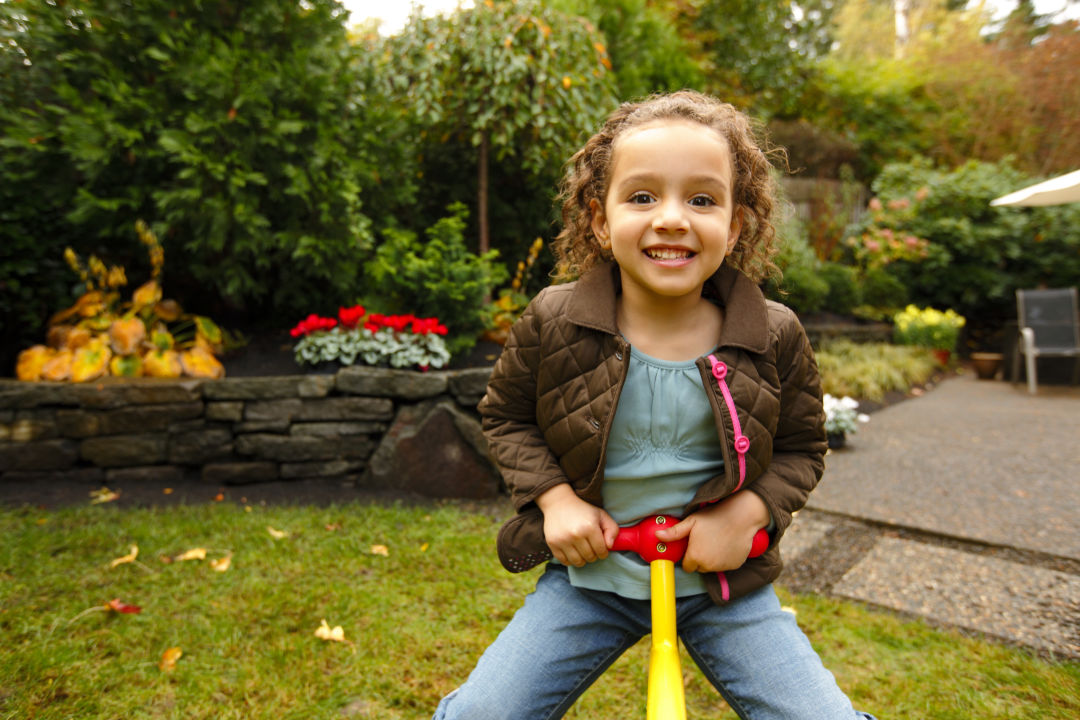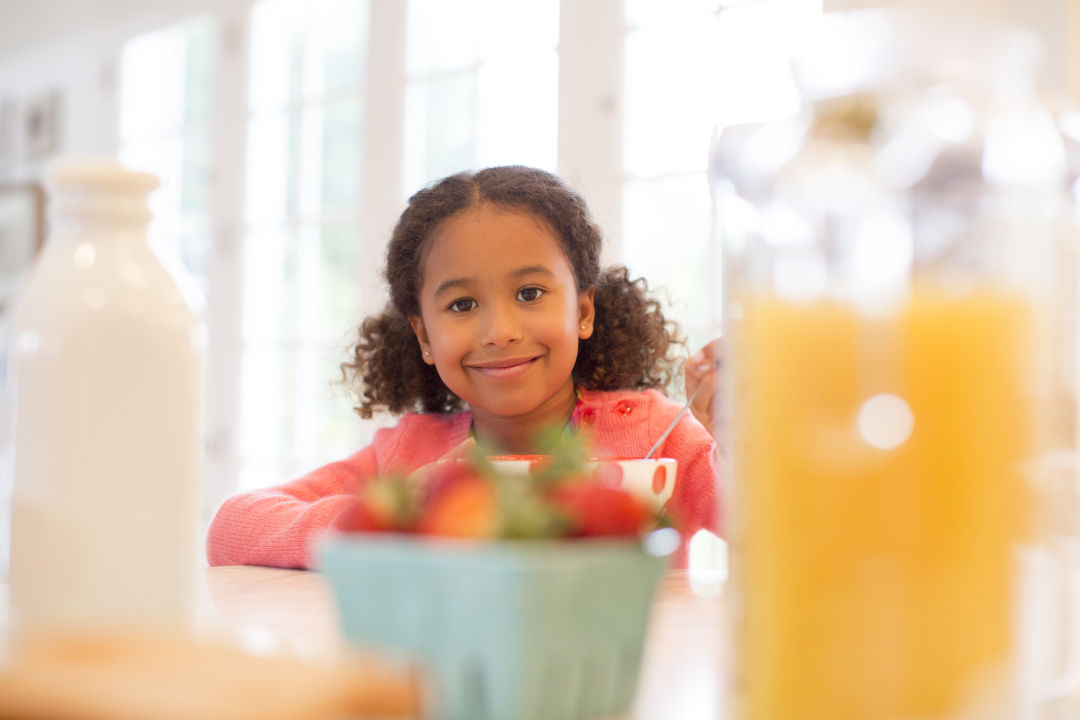Pandemic-Related Weight Gain in Children

Image: Courtesy Kaiser Permanente
COVID-19 has hit families and communities with unprecedented levels of change in 2020. Some have endured tremendous hardships, such as job losses and even the loss of loved ones. Others have been able to embrace shifts and find the positives in tough times.
One of the positives in the past few months for Lisa Denike, MD, chief of pediatrics for Kaiser Permanente Northwest, has been seeing more children come back to her office for important checkups and immunizations. These visits, however, have revealed another unwelcome COVID-19 reality: significant weight gain among children.
“To some, they think, ‘Well, I’ve only gained a few pounds,’ but we’re seeing cases where children are gaining 20 pounds or more,” she says. “If left unchecked, this pattern could lead to serious health concerns—and sooner than later.”
The physician says it’s important for parents and children to understand that they are not alone and that help can be found. She also sheds light on how families can make small, simple, and empowering decisions today for positive impacts in the near future.

Image: Courtesy Kaiser Permanente
Why tackling weight gain now is important for kids
Several primary drivers influence weight gain in children today. With the pandemic, there’s more time being spent indoors, where it’s easy to become sedentary and engage in unhealthy snacking. Many school activities have been delayed or halted, decreasing recreational opportunities. COVID fatigue and depression, both among family members and the children themselves, all play a part as well, Dr. Denike explains.
“I know it’s hard, but the conversations about how to address this now are important, because it’s harder to lose the weight later in life and, today, you can have greater complications from COVID-19, if you get it,” the doctor adds.
What you can do
The good news is that a few small changes today can help children turn this trend around quickly. Dr. Denike recommends the following lifestyle changes.
Schedule meals: Avoid snacking throughout the day, and if children are at home on certain days of the week, schedule meals around the same times they are in school. Prioritize healthy, unprocessed foods. For tips, you can reference the U.S. Department of Agriculture’s choosemyplate.gov.
Drink water: It can help you feel full, so you’re less likely to overeat. It’s critical for organs, mental clarity, and optimal health.
Schedule exercise: If you can schedule 30 minutes to watch your favorite TV show, you can schedule 30 minutes to bike, jog, do an at-home workout, or simply enjoy a walk through the neighborhood with friends or family who are in your bubble. It doesn’t need to be an all-or-nothing affair. Just getting fresh air helps physical and mental well-being.
Avoid holiday snacking: It’s the time of year when people, historically, gain a few pounds. Keep healthy whole foods on hand, and think twice before bringing processed foods into the home at all. Do your best to resist temptation to buy them while at the store. If they don’t make it to the cupboards, you entirely avoid flirting with the temptation to eat them at home.
Address mental health concerns
Dr. Denike has also seen a rise in mental health issues among children. Children are reporting more stress, anxiety, and sadness as well as depression. In addition, if there are economic hardships at home—and parents have trouble shielding their children from them—the issues certainly weigh on the kids, too. The good news is that with telehealth and creative new technology tools, mental health support is more accessible than ever. She encourages patients to ask about mental health support at their next checkup.
“The pandemic puts emotional strain on us all,” Dr. Denike adds. “No one needs to suffer alone. You can reach out to your physician and start taking steps toward positive changes for your children and the whole family.”




